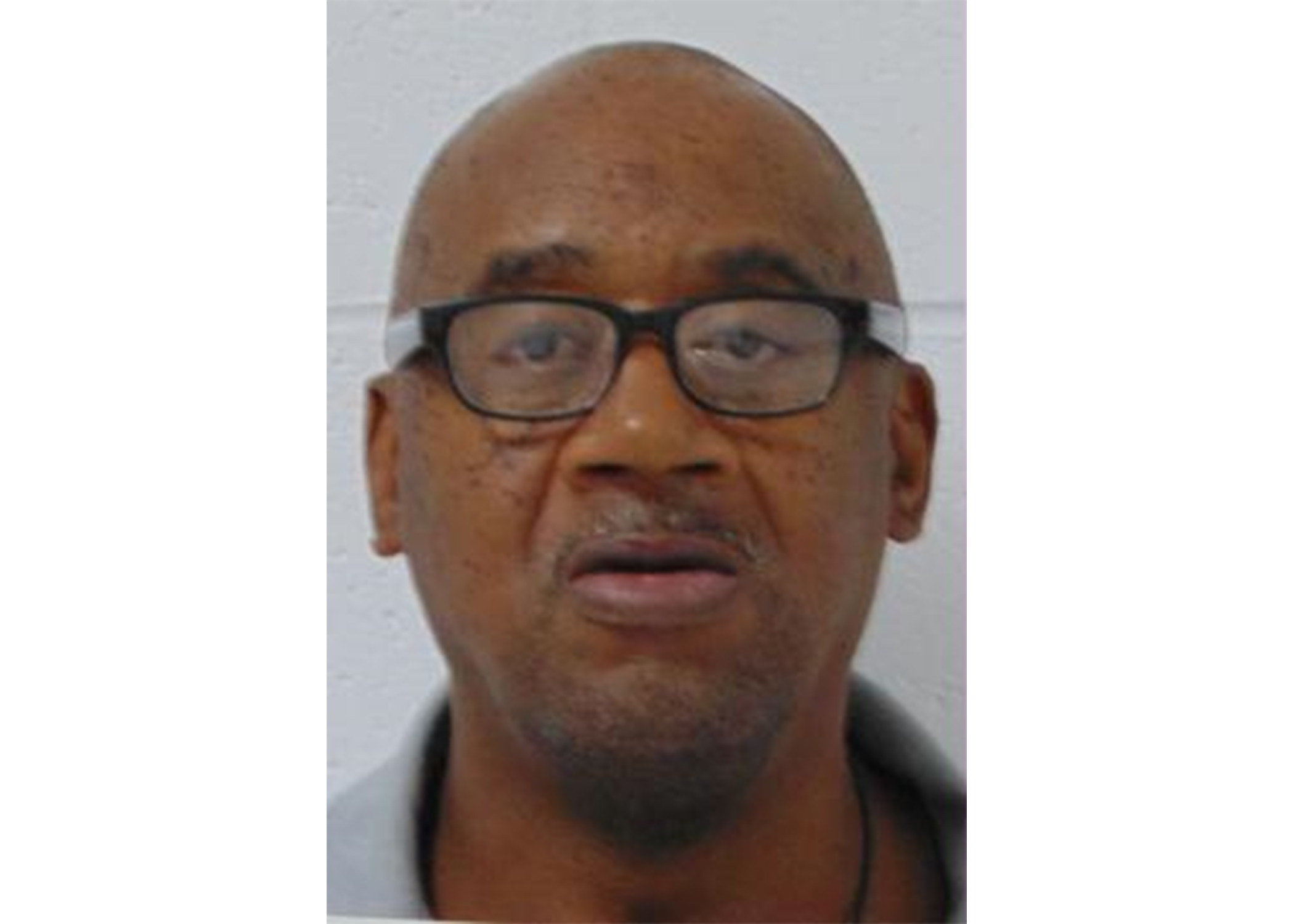The U.S. Supreme Court denied review in a Missouri death penalty case Monday with the three liberal justices dissenting.
Ernest Johnson — who killed three people during a robbery of a Columbia convenience store in 1994 — sought an alternative to the lethal injection of pentobarbital, arguing the drug coupled with his brain tumor would cause painful seizures. Instead, he asked to be executed by firing squad which hasn’t been used in Missouri since 1864.
However, Johnson first asked to be put to death using nitrogen gas. In order to successfully prove his claim, Johnson had to meet two points: proof that the method of execution would cause “substantial risk of severe pain” and a proposed “feasible” alternative method of execution.
The U.S. Court of Appeals for the Eighth Circuit initially held Johnson’s claims were sufficient. But as the matter was still being reviewed, the high court issued another ruling in a Missouri death penalty case: Bucklew v. Precythe. Then, the U.S. Supreme Court found Russell Bucklew’s challenge failed to meet the proper requirements, including proving the state should be required to use the “entirely new method” of nitrogen gas that had not proven to be successful and potentially cause less pain.
After that case, decided in April 2019, the Eighth Circuit denied Johnson’s request to amend his claim to include a firing squad as a means of execution. As Justice Stephen Breyer noted, Johnson asked “the courts decide between an execution that is ‘cruel’ and one that is ‘unusual.’”
The Supreme Court denied a review in the Johnson v. Precythe case Monday with Justices Breyer, Sonia Sotomayor, and Elena Kagan dissenting.
Sotomayor called the Eighth Circuit’s decision “an abuse of discretion.”
“Leave to amend a complaint must be granted ‘when justice so requires.’ Justice requires it here,” Sotomayor wrote. “The Eighth Circuit’s decision punishes Johnson for failing to anticipate significant changes in the law brought about by Bucklew. Worse, it ensures that Johnson’s claim will never be heard on the merits. Missouri is now free to execute Johnson in a manner that, at this stage of the litigation, we must assume will be akin to torture given his unique medical condition. To dispose of the case more quickly, the Eighth Circuit has sacrificed the Eighth Amendment’s chief concern for preventing cruel and unusual punishment.”
Sotomayor said Johnson had about one-fifth of his brain tissue removed in 2008 during a surgery to treat a brain tumor. The tumor was not fully removed, and he suffers from epilepsy and “painful seizures.”
“The U.S. Supreme Court’s decision not to review Johnson’s motion for an alternative method is not surprising given their rage against people fighting death sentences. Johnson’s legal team followed all of the correct procedures for ensuring due process and preserving Johnson’s Eight Amendment rights to be free from cruel and unusual punishment,” Elyse Max, the state director for Missourians For Alternatives to the Death Penalty (MADP), said. “The suggested alternative method of a firing squad was put forward by Missouri itself in Bucklew v. Precythe in 2018.”
“The Eighth Circuit and SCOTUS have decided that ‘expediency’ is more important than allowing Johnson an opportunity to [be] heard,” Max continued. “Bryers’ dissent rightfully points to the ‘special difficulties’ in the application of the death penalty. Missouri’s push to execute a man with an intellectual disability and allow for him to subject to torture is not public safety, it is cruel and unusual.”
The Supreme Court halted Johnson’s execution in 2015. According to the Columbia Tribune, Johnson violently murdered three employees of Casey’s General Store with a claw hammer and screwdriver in February 1994.
Missouri allows the death penalty — by lethal injection or gas — which is overseen by the Department of Corrections. The death penalty can be imposed on individuals who are at least 18 years old and found to have deliberately committed first-degree murder, a class A felony.
There are 20 capital punishment offenders within the Missouri Department of Corrections custody. The last person executed in Missouri was Walter Barton in May 2020 — the first in the U.S. amid the COVID-19 pandemic.

Kaitlyn Schallhorn was the editor in chief of The Missouri Times from 2020-2022. She joined the newspaper in early 2019 after working as a reporter for Fox News in New York City.
Throughout her career, Kaitlyn has covered political campaigns across the U.S., including the 2016 presidential election, and humanitarian aid efforts in Africa and the Middle East.
She is a native of Missouri who studied journalism at Winthrop University in South Carolina. She is also an alumna of the National Journalism Center in Washington, D.C.
Contact Kaitlyn at kaitlyn@themissouritimes.com.


























